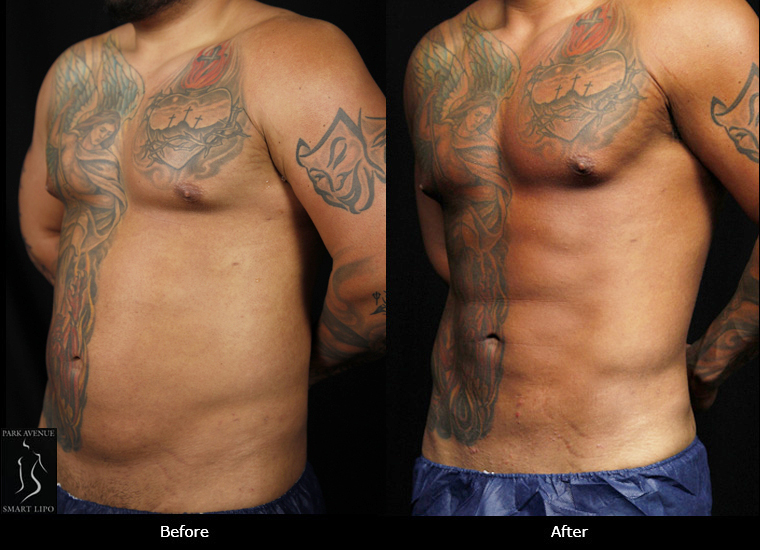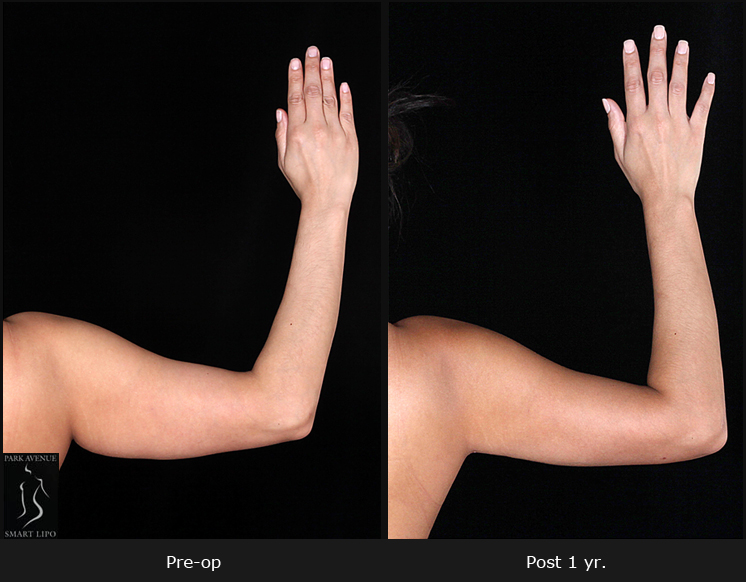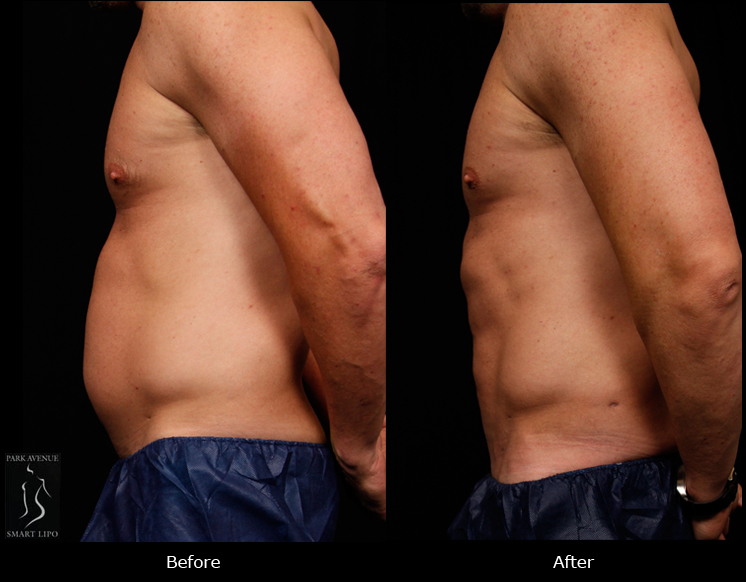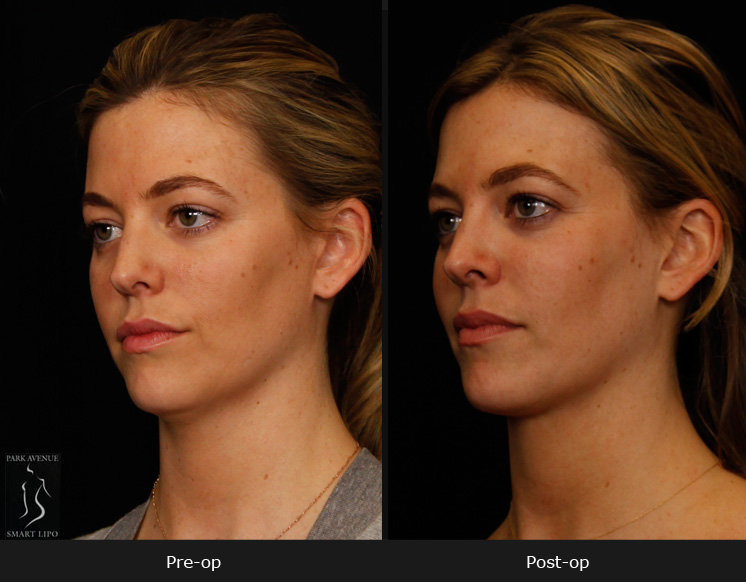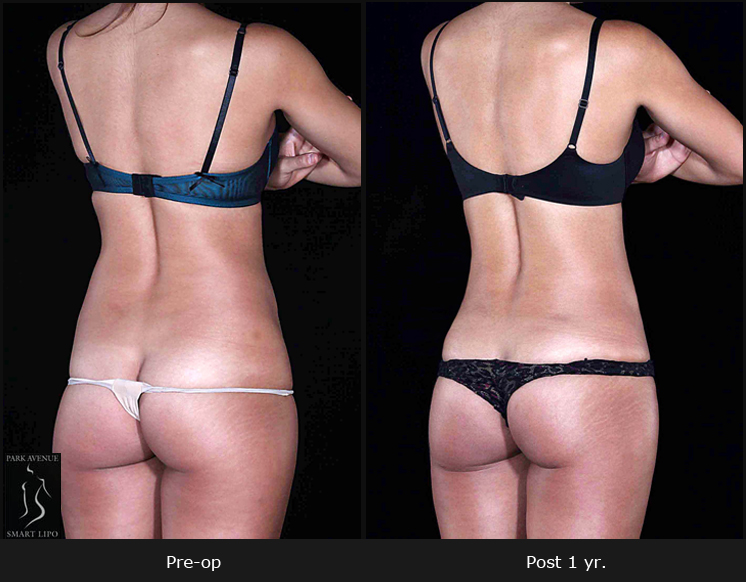Liposuction in NYC is one of the most popular cosmetic procedures and helps men and women achieve a sleek, attractive body. The procedure involves suctioning off stubborn fat from specific areas of the body using a cannula. It is meant only for cosmetic purposes and there’s only a certain amount of fat that can be safely removed. Today, the procedure is performed using advanced technology, which has reduced surgical trauma and recovery time. To be a good candidate for the treatment, it’s important that you are in good health. However, many patients with diabetes are interested in the treatment which has led to a debate as to whether it is safe for people with Type 2 diabetes to have lipolyisis. The fact is that there are conflicting recommendations about this.
According to American Diabetes Association, 1.5 million Americans are diagnosed with diabetes every year. Type 2 diabetes is the most common form of diabetes. The FDA currently estimates that one in three Americans will develop Type 2 diabetes over the course of their lifetime. Weight gain is a problem most commonly seen in diabetic patients, though not all type 2 diabetics are overweight. Diabetic patients may want to have liposuction to remove fat cells from target areas. However, liposuction is not a treatment for obesity and cannot address the physiological problems associated with diabetes.
According to a FOXNEWS Health report, there are a lot of conflicting recommendations on the safety of liposuction for diabetic patients. Sometimes, diabetes is considered a complete contradiction for the surgery and too risky for those with this chronic condition. However, in practice, most physicians consider liposuction to be safe for people with diabetes if certain conditions are fulfilled.
Diabetics need to be aware of the following safety concerns if they are considering liposuction:
- Higher risk for surgical procedures, as diabetes increases the risk of post-operative infection and slows healing time
- Difficulty in controlling blood sugar levels during the post-operative period
- Higher risk of infection, as a diabetic’s immune system does not function at full capacity
Expert surgeons say that people under excellent blood sugar control and do not have kidney problems could be good candidates for liposuction. Diabetics should also be aware that their results may not be as good as those of a non-diabetic as the quality of the results depends on the patient’s ability to heal and form new collagen, says a surgeon responding to a question on DermaNetwork.
Some experts also say that Smartlipo, a less invasive option can also be a good alternative for some diabetics. Smartlipo laser liposuction uses laser energy to liquefy the fat cells which allows them to be easily removed through a small incision. It usually needs only local anesthesia, and recovery times are minimal compared to traditional liposuction. However, patients with diabetes need to get full pre-operative clearance prior to the operation. Once you are determined to be a good candidate for the procedure, an experienced Manhattan liposuction surgeon can provide effective treatment.

